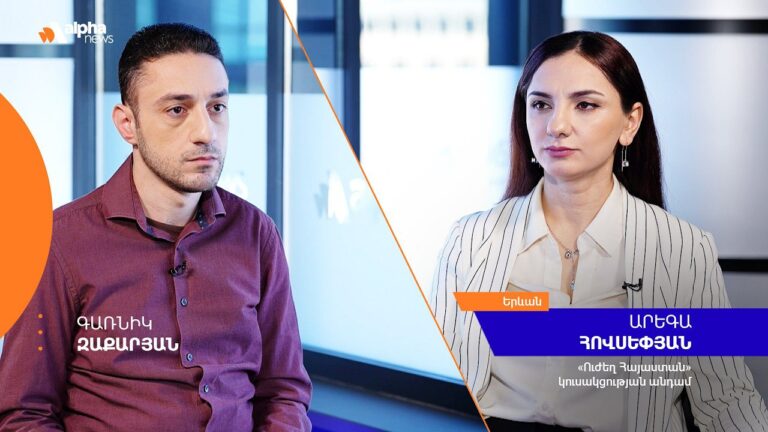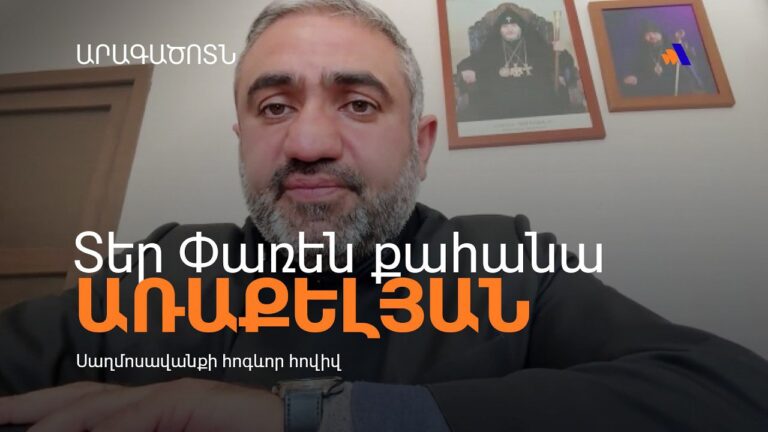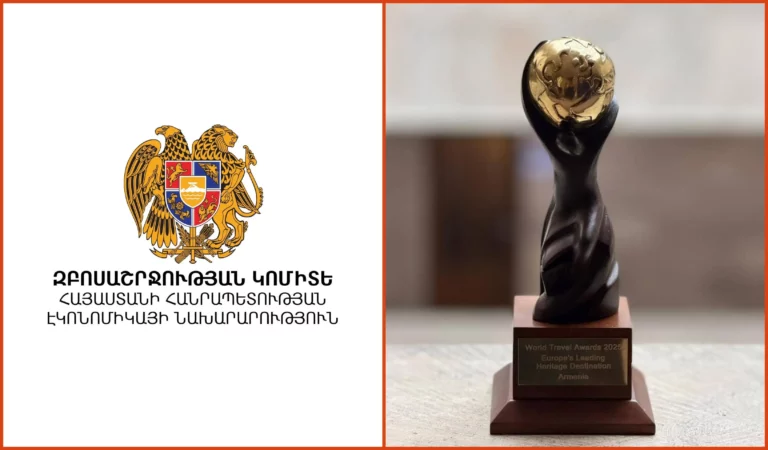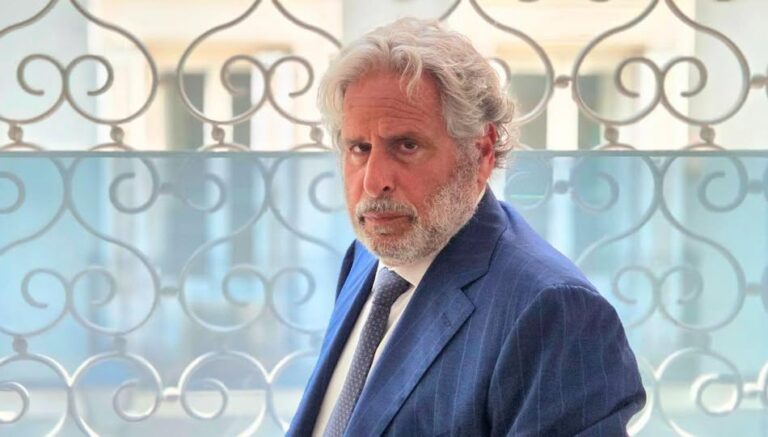No practical steps will be taken to integrate Armenia into EU — Dmitry Suslov
March 29 2025, 12:10
Speaking with Alpha News, Dmitry Suslov, deputy director of the Center for Comprehensive European and International Studies at the HSE University, commented on the prospects for Armenia’s European integration and Moscow’s reaction to this.
“Moscow assessed this step as a logical continuation of the current Armenian leadership’s foreign policy course, aimed at qualitatively strengthening relations with the West and striving for integration into the Western community. Pashinyan proclaims the European choice and seeks to symbolically affirm this stance.
No practical steps will be taken to integrate Armenia into the European Union in the foreseeable future. This all looks strange, given that the European Union has not said a word that it would like to see Armenia as a potential member! that is, no one has invited Armenia to the EU. The EU does not imply full membership; it implies obligations but not accession.
Armenia is a member of the Eurasian Economic Union (EAEU) and continues to receive benefits associated with this membership. And at the same time, Armenia proclaims its European choice at the symbolic level. It seems to me that in the medium term, this is exactly how it will remain—Armenia will remain a real member of the Eurasian Economic Union, but at such a political and symbolic level, it will express its European ambitions. The adoption of this law is certainly a signal from Yerevan to Brussels, saying, ‘Armenia is ready, accept us’,” he said.
The expert also emphasized that Moscow will strongly oppose the West’s further expansion into post-Soviet countries or, even more so, attempts to use these countries as a tool to fight Russia. He noted that expansion into post-Soviet countries is not currently prioritized by Washington as a key objective of American foreign policy.
“Russia’s approach has not changed fundamentally: the post-Soviet countries, excluding the Baltic states already integrated into the European Union and NATO, should avoid adopting overtly anti-Russian policies or constructing their identities in opposition to Russia. And they should not allow the West to manipulate them as proxies or willingly become instruments of Western policy against Russia.
The West’s expansion towards post-Soviet countries and Russia is not viewed by the United States as a priority of American foreign policy today. Rather, it is considered a problem—a risk that does not give the US anything but creates new problems for them, draws them into new, unnecessary conflicts, and also creates the preconditions for a nuclear war with Russia, which is absolutely unacceptable for the current American administration,” Suslov concluded.







